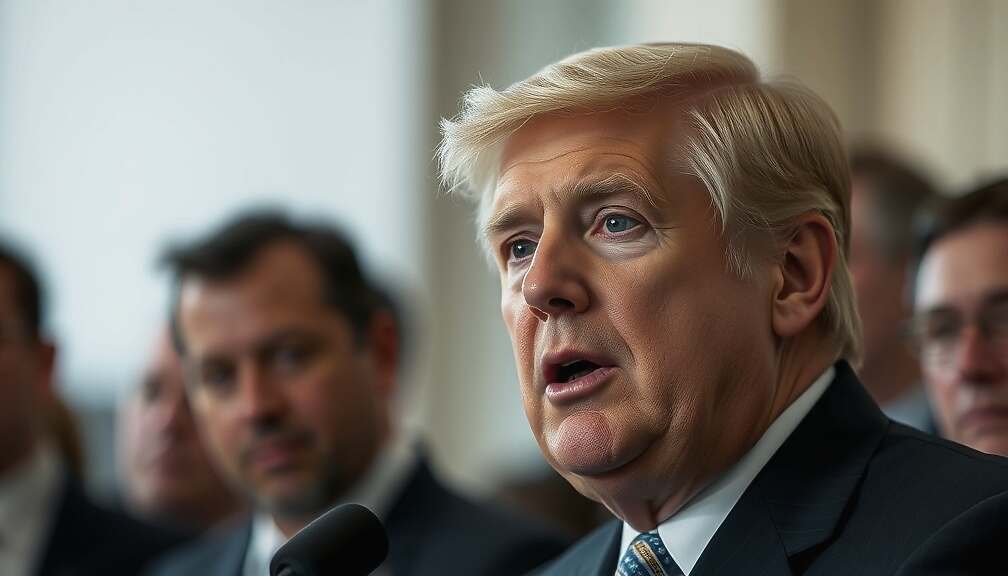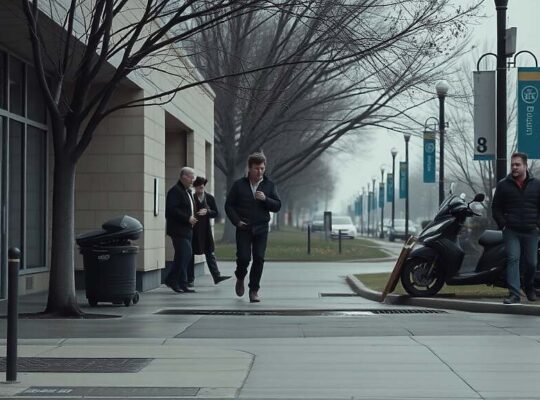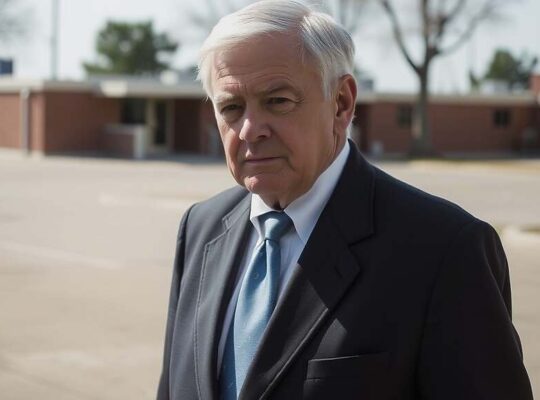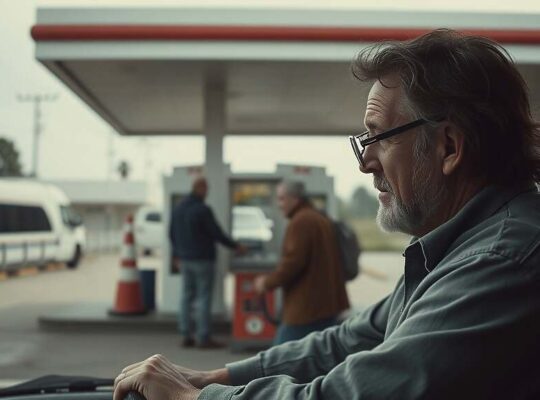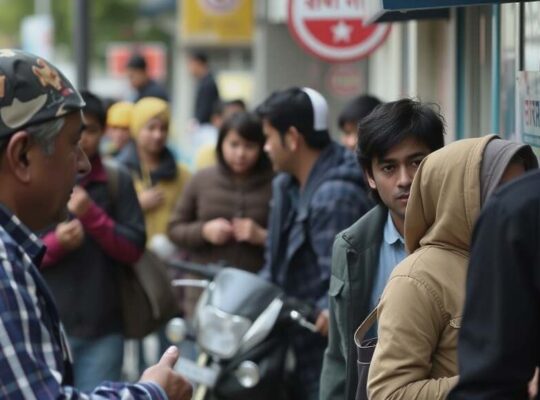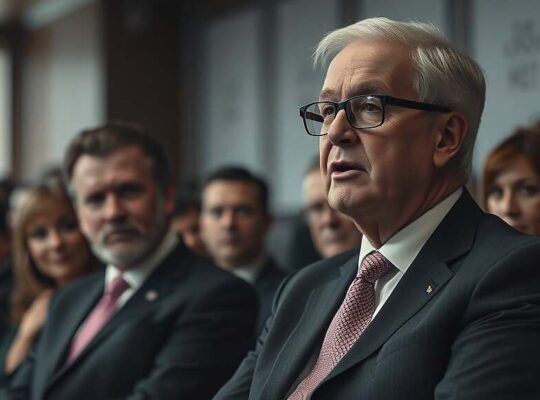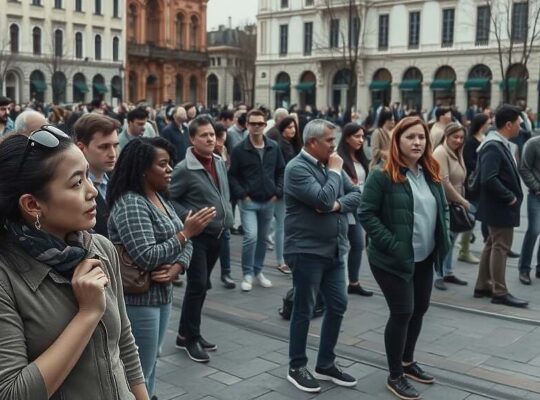The Social Democratic Party (SPD) in Germany is embarking on a period of reflection, aiming to redefine its core identity and future direction. Party leader and Vice-Chancellor Lars Klingbeil has signaled a desire to move beyond the pragmatic governance that has characterized the party’s long tenure in power, emphasizing the need to reconnect with voters on an emotional level and re-establish a clear vision for the future.
Speaking to the German weekly newspaper “Die Zeit” Klingbeil acknowledged that the SPD’s near-continuous rule since 1998, interrupted only by a four-year period, has led to an increasing focus on the mechanics of governing. He described a situation where the party has become adept at managing numerous policy levers simultaneously, a process which he believes has, at times, obscured a broader strategic perspective.
“What we need to show again is emotionality and, I believe, also the courage for a vision” Klingbeil stated. He further elaborated on the need to consider the fundamental question of what social democracy represents in the year 2030.
Klingbeil’s remarks suggest a shift in emphasis for the SPD, moving beyond demonstrating its ability to govern towards articulating a compelling narrative about the party’s goals and values for the coming decade. The focus will be less on the “how” of governance and more on the “why”.


